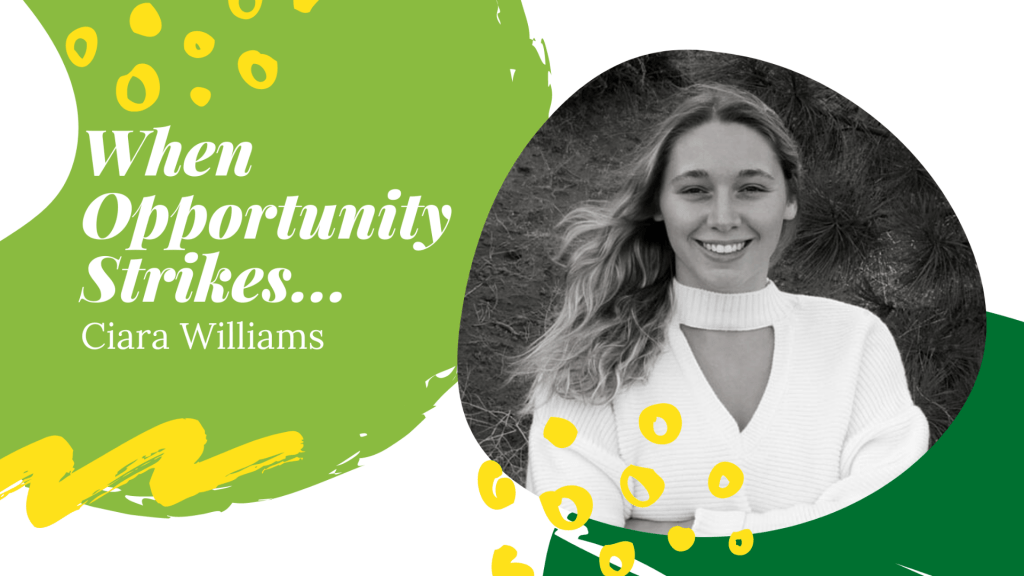IPRE researchers Ben Clark and Robert Parker released their second report on perceptions of Oregonians about the COVID-19 vaccine. The study in included 686 respondents; 351 in urban areas and 335 in rural areas. The research concludes that most Oregonians know someone who had COVID-19 and more than one in four people know someone who died. A small but significant percentage of Oregonians continue to dismiss the risks associated with COVID-19 which could risk the progress seen in combating the pandemic over the last 6 months.
At the time the survey was conducted (May-June 2021) 70 percent of Oregonians were fully vaccinated. This is considerably higher than many states, but still leaves a lot of Oregonians at risk. The survey results indicate that Oregon’s urban residents are more likely to be vaccina ted (fully or partially) than rural residents by a wide margin. About 47 percent of rural residents are not vaccinated, compared to only about 21 percent of urban residents. The difference between these groups is statistically significant. Compared to our survey in the fall of 2020, more people are saying no to the vaccine, which should be a sign of concern.
ted (fully or partially) than rural residents by a wide margin. About 47 percent of rural residents are not vaccinated, compared to only about 21 percent of urban residents. The difference between these groups is statistically significant. Compared to our survey in the fall of 2020, more people are saying no to the vaccine, which should be a sign of concern.
Some differences exist based on the location of the individuals who have not gotten the COVID-19 vaccine. Of the non-vaccinated rural Oregonians, 60 percent indicate they have no plans to vaccinate, while another 25 percent indicate that they ’may’ vaccinate but have not yet made their decision. Only about 53 percent of non-vaccinated individuals in urban areas indicate they will not get the vaccine, while 32 percent ’may’ get the vaccine.
The report includes a series of recommendations related to cash incentives, communication, and information. It will take considerable effort to get the last 30 percent of Oregonians vaccinated and a key concern is that the virus mutates to forms that the vaccines are ineffective on.
Readers can access the full report using the link below.


